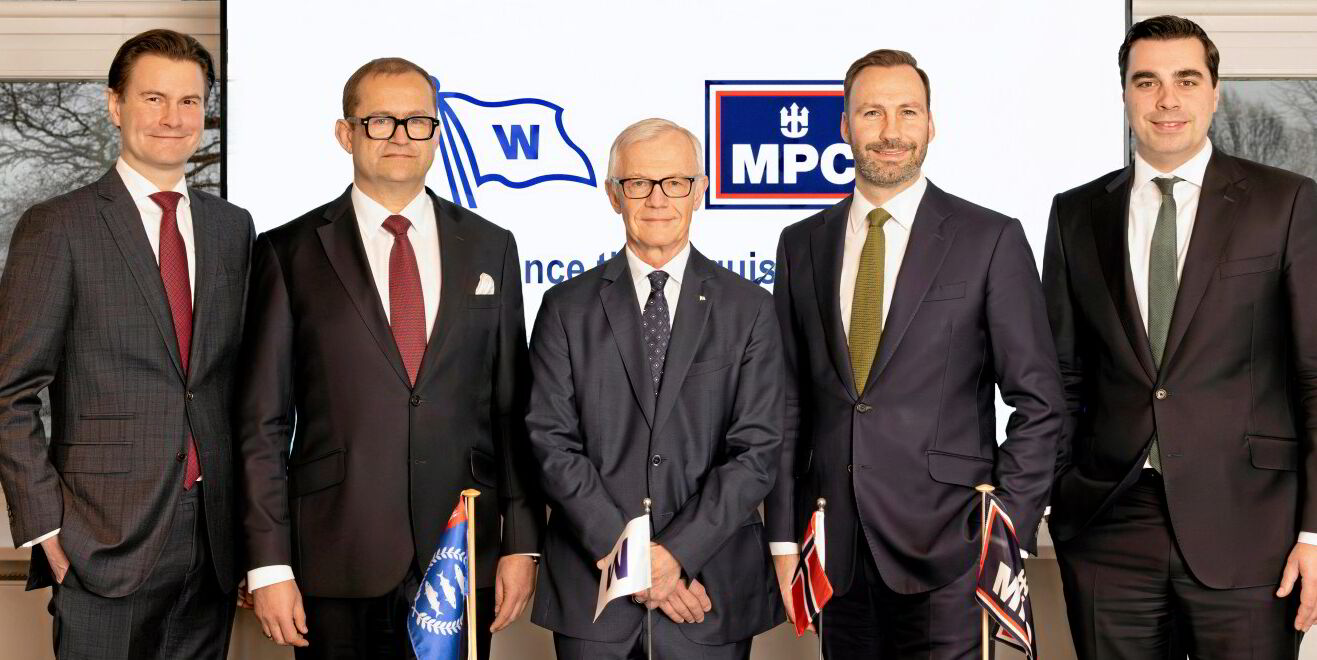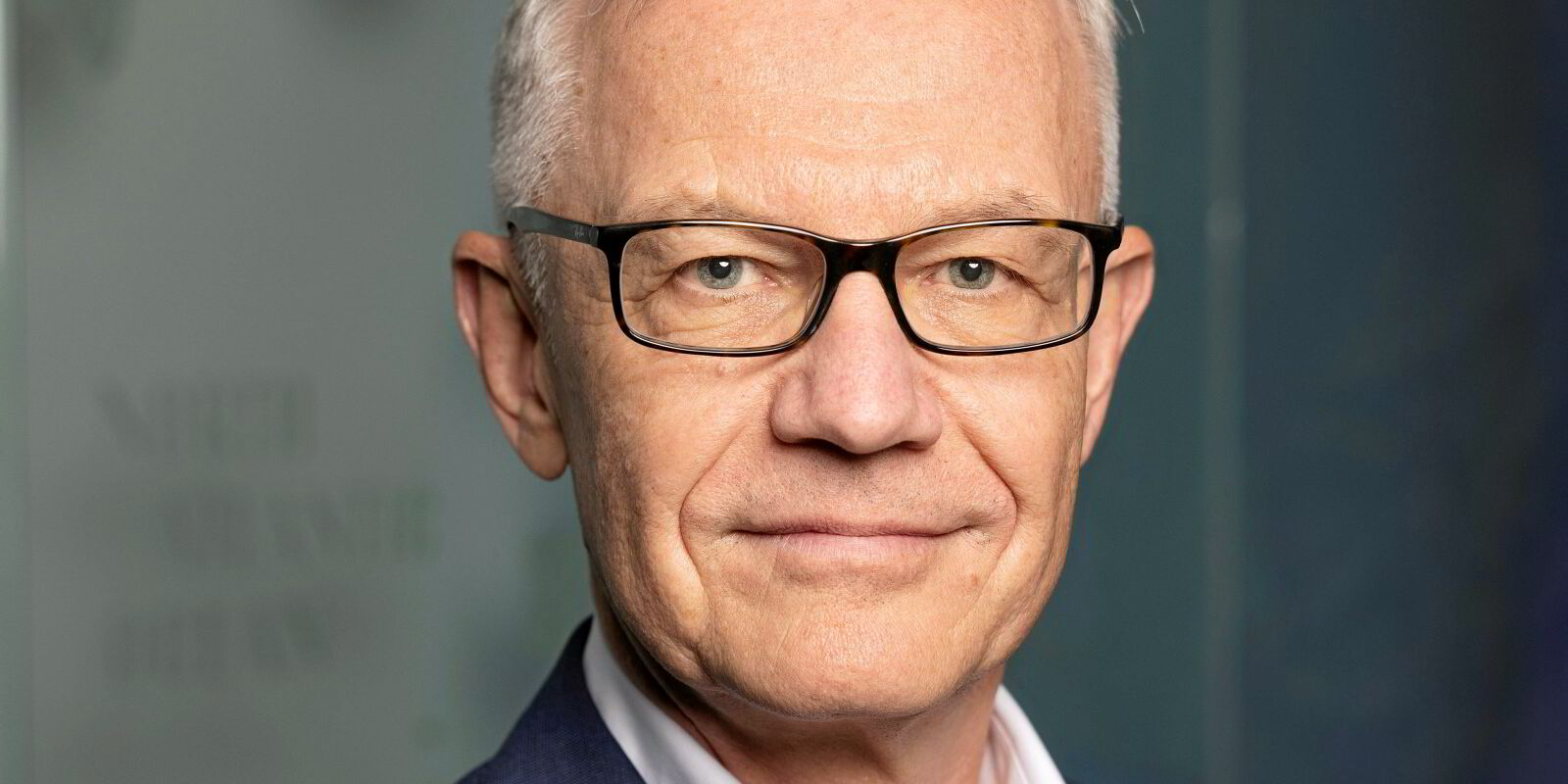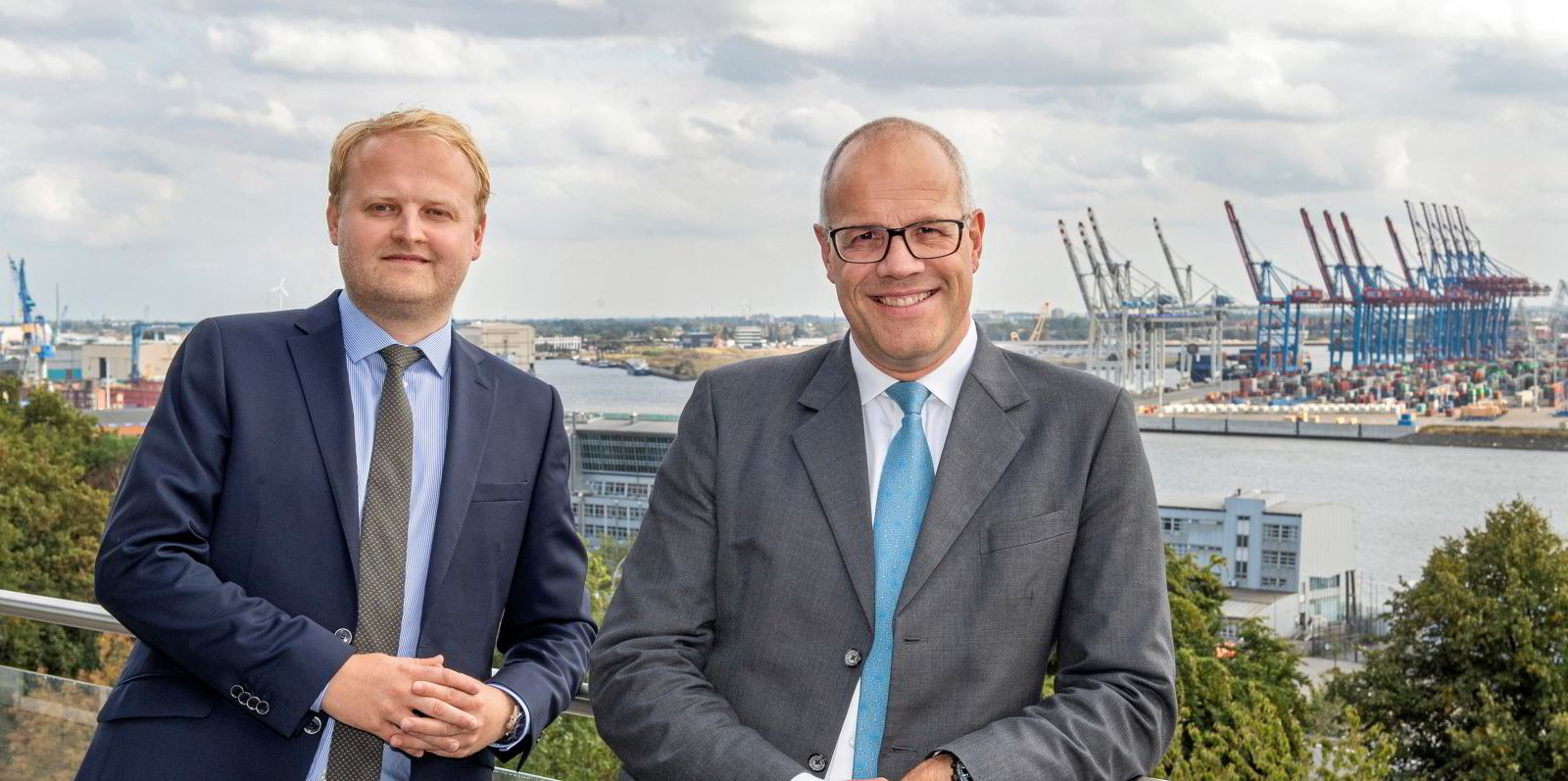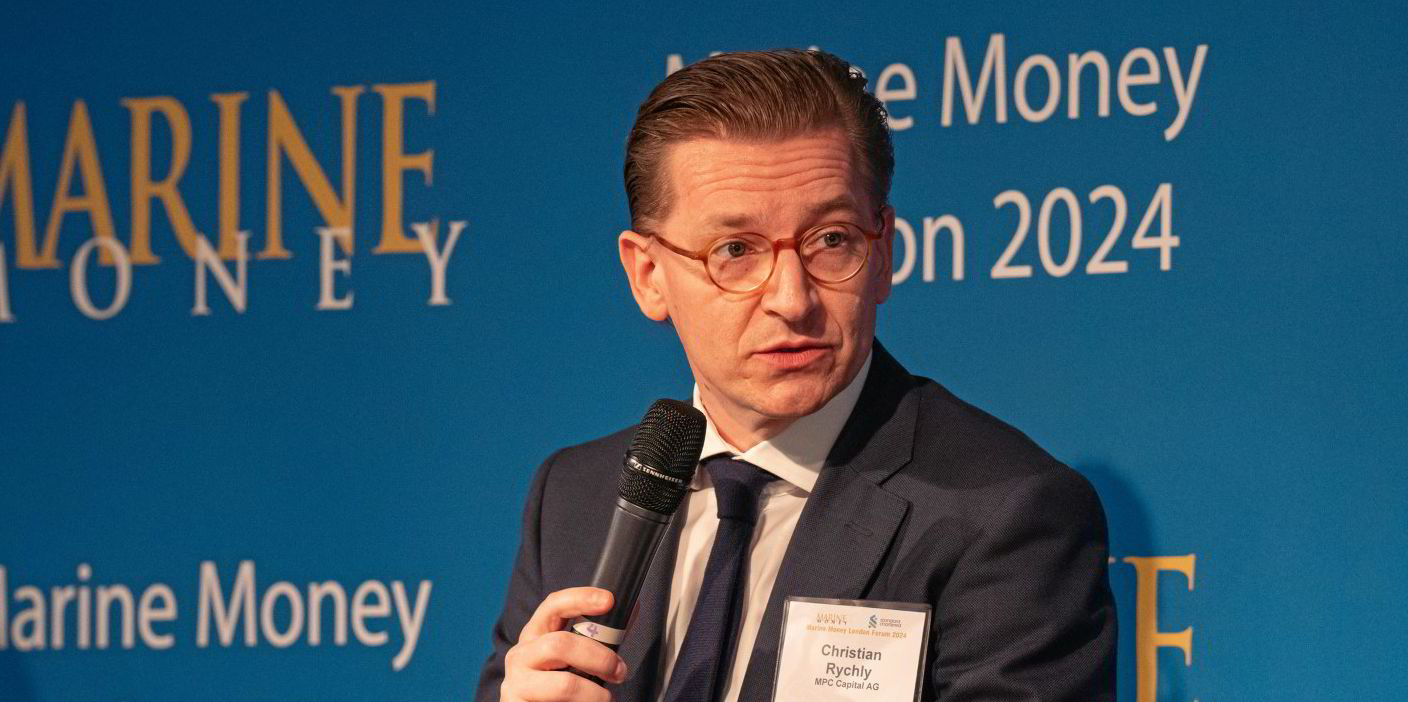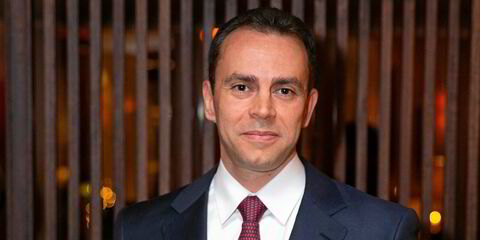The disappearance of the Zeaborn Ship Management brand marks a bittersweet moment for German ship management.
While one name disappears from shipping history, its integration into Wilhelmsen Ahrenkiel Ship Management creates a giant in the sector.
Joint managing directors Michael Silies and Michael Brandhoff say the all-Hamburg merger is going to plan.
But it could have been different had the buyer of Zeaborn been one of the big private equity-backed ship management giants.
“If we would have been bought by one of the big ones, the story would be completely different — and to be quite frank, we would probably not be talking now,” said former Zeaborn boss Brandhoff, who joined Wilhelmsen Ahrenkiel in April.
Zeaborn’s acquisition by MPC Capital and Wilhelmsen Ship Management was completed at the end of March.
The Wilhelmsen and Schroeder families acquired 100% of the shares from companies linked to Bremen businessman Kurt Zech.
Under Zech — a corporate carnivore with a track record of buying and selling companies — the future of Zeaborn was pretty uncertain, said Brandhoff.
Things have changed now that the shareholding is in the hands of the Wilhelmsens and Schroeders.
The families “are not investing in terms of private equity but because they believe in shipping”, said Brandhoff.
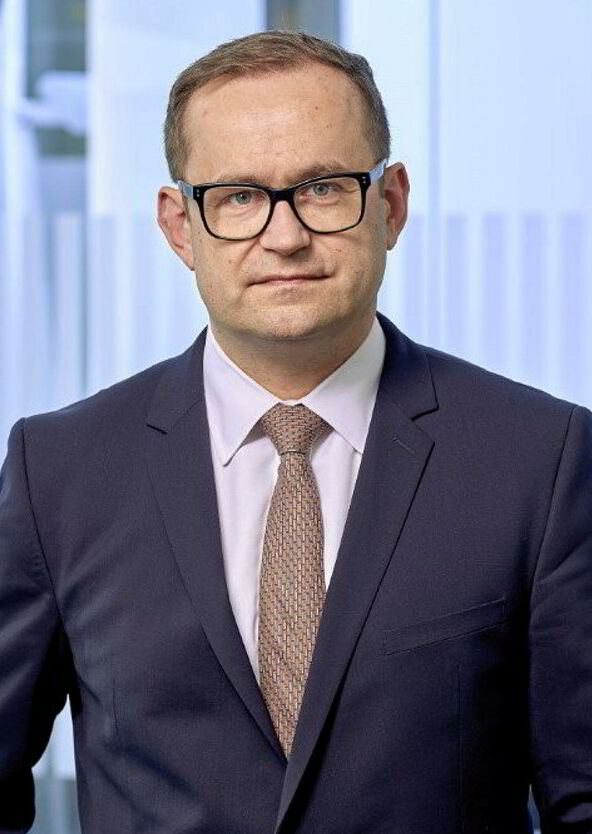
“The change we see actually for us is stability,” he said. “Now we are back into the security of two families who know shipping.”
The new shareholders come with a readiness to invest, he added.
“To invest in people, in systems and in software, which is necessary to be future-proof,” said Brandhoff.
“We are allowed to continue what we have been doing and we are allowed to take care of our customers,” he added.
History of consolidation
The two companies have already played a significant role in consolidating Germany’s ship management sector.
Zeaborn has pursued consolidation over the past decade by swallowing up a handful of Hamburg-based companies, including Rickmers Reederei, ER Schiffahrt and Offen Tankers.
Following a similar trajectory, MPC Capital acquired the Ahrenkiel brand with the integration of Hamburg shipping company Thien & Heyenga.
That paved the way for MPC Capital to create Wilhelmsen Ahrenkiel in 2020.
It did so through the sale of a 50% stake in Ahrenkiel Steamship to Singapore-based Wilhelmsen Ship Management, a wholly owned subsidiary of Oslo-listed Wilh Wilhelmsen Holding.
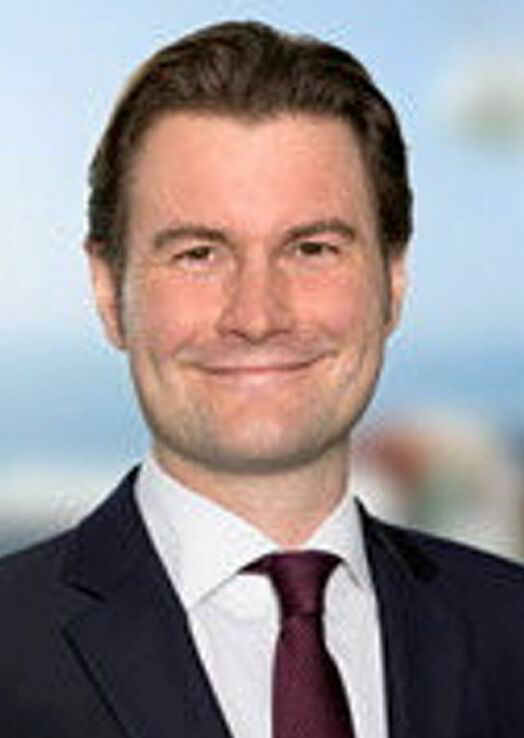
Big player
The addition of Zeaborn this year unites the three companies into a Hamburg-based ship management giant.
With 64 ships in technical management and 83 in crew management, the Zeaborn takeover not only doubles the Wilhelmsen Ahrenkiel fleet but also diversifies it.
When 80 vessels under vessel performance management are included, the company has more than 200 ships.
It means the company, which includes tanker specialist Barber Ship Management, can stake a claim to be the largest ship manager in Germany, Brandhoff argues.
Other ship managers may be bigger overall, but their operations are not all run out of Hamburg, he explained.
The formation of Wilhelmsen Ahrenkiel reflects the belief that it remains competitive in managing ships from the Hanseatic base.
“If you look at the service centre side of the game, then cost-wise this takeover really helps,” said Brandhoff.
So it was “logical” for the two Hamburg-based companies to combine their ship management operations, he added.
Bringing two German companies that were just a few kilometres apart from one another meant there were no “big showstoppers”, said Silies.
Both companies provided international third-party ship management in Hamburg. “Therefore it’s not a big headache,” said Silies.
“Of course, it’s never easy, it’s different cultures coming together.
“But you always profit when you have different experiences, different backgrounds, different knowledge, different attitudes.
“And so far, both sides are benefiting from this,” he said.
Synergies
Inevitably synergies will be sought as the various offices and their systems are integrated towards the end of the year.
Zeaborn staff will eventually relocate to a single office within MPC Capital’s Hamburg building.
“We’re bringing, of course, offices together,” said Brandhoff.
“But the core teams on the technical side, on quality, health, safety and environment, on the operations, the people taking care of the vessels and the customers, they are all on board.
“They all stay — they have to.”
The staff will help to run a diversified operator that has also grown to be more international.
Only three out of 20 customers come from the German market.
Silies described the merging of the two operations as “a perfect fit”.
Tangible benefits for Zeaborn include the crewing operations provided by the Wilhelmsen group.
“If you look at my crew pool [with Zeaborn], it was 4,000 seafarers,” said Brandhoff. “Now we’re looking at 14,000 seafarers, that’s where mass plays a role.”
Silies added that the reaction from the ship manager’s clients has been positive and even “euphoric”.
That includes a positive reception from listed companies such as Tufton Oceanic and AP Moller-Maersk for whom transparency is important.
“Transparency and partnership were the values which we were trying to make the difference in the market as Zeaborn anyway,” said Brandhoff.
He added that further consolidation remains a possibility.
However, there may be limits to how interested the company is in buying up smaller managers with 10 or 20 vessels.
“In that segment, I’d rather go to their customer and try to get the vessel in instead of buying them,” said Brandhoff.
“If I manage to convince a customer to switch ships to me, then I can successfully organically grow.”
For its part, the MPC group “are always looking around, but it has to be a fit”, said Silies.
“I don’t have anyone in my mind at the moment, but shipping is developing fast.”
Ultimately, expansion and growth will be dictated by demand from shipping markets.
“I think it's just looking at how the customers develop and what they want to give us into management,” Silies said.
